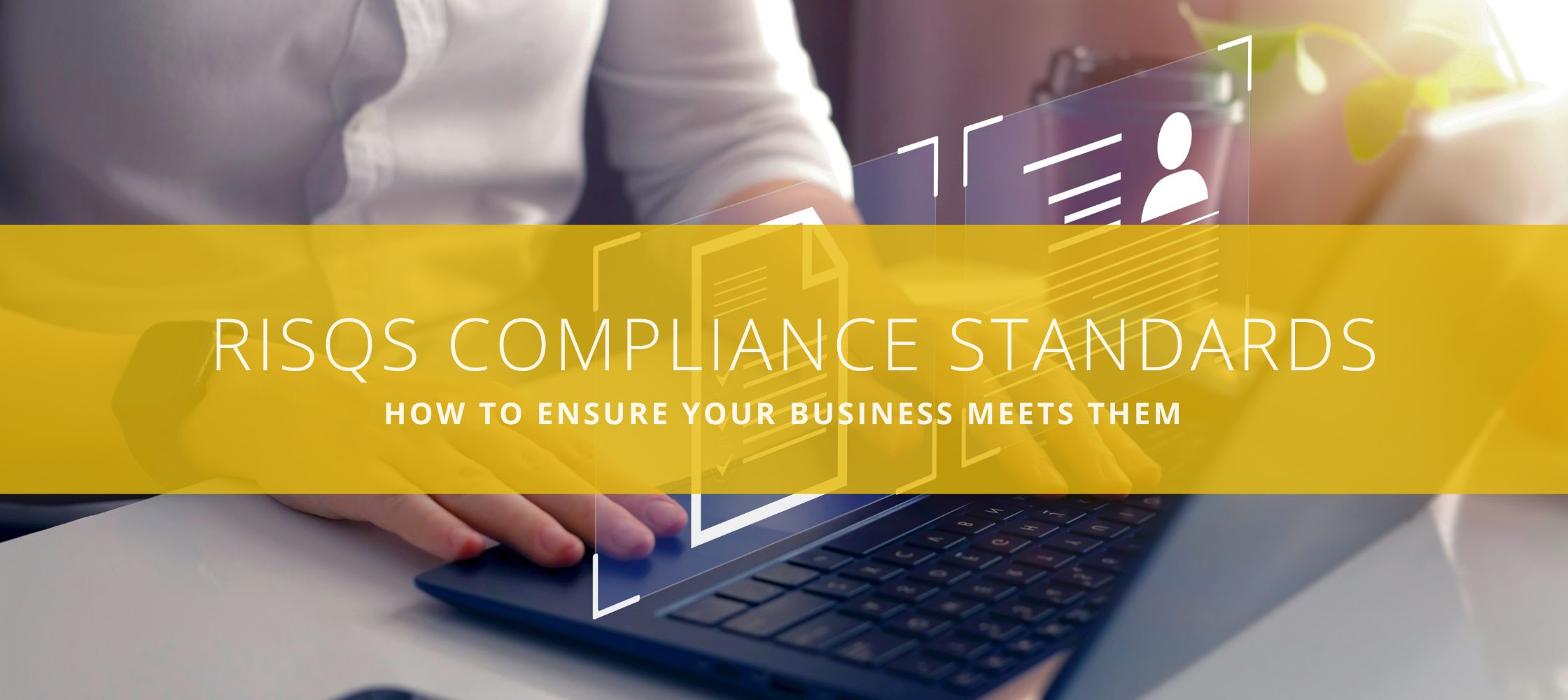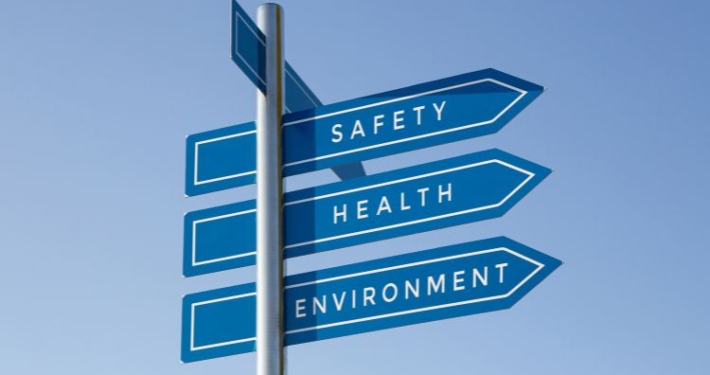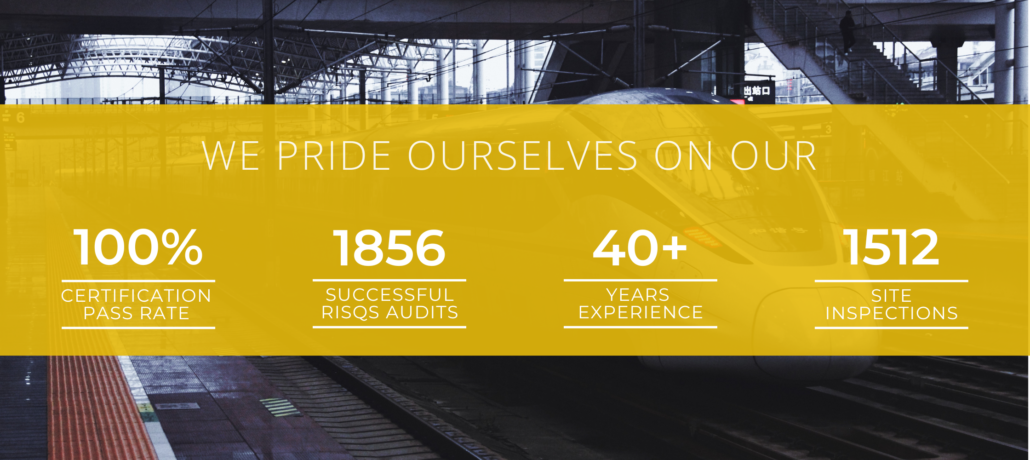What are the RISQS Compliance Standards? And how to ensure your business meets them.
Introduction to RISQS Compliance Standards
Achieving RISQS (Railway Industry Supplier Qualification Scheme) compliance is essential for businesses operating within the UK Rail Industry. RISQS compliance ensures that suppliers meet stringent safety, competence, and quality standards, which are crucial for maintaining the industry’s integrity and operational efficiency. Understanding and adhering to these standards not only enhances safety but also opens up more business opportunities and fosters trust among clients and stakeholders.
What are the RISQS Compliance Standards?
RISQS compliance standards are a set of rigorous criteria that suppliers must meet to qualify as safe and competent service providers within the rail industry. These standards encompass various aspects of business operations, from health and safety protocols to quality management systems and environmental sustainability practices. Adhering to these standards ensures that businesses contribute to the overall safety and efficiency of the rail network, minimising risks and enhancing operational performance
Key Components of RISQS Compliance Standards
Health and Safety Compliance:
- Detailed health and safety protocols are a cornerstone of RISQS compliance. These protocols include regular risk assessments, incident reporting, and preventive measures to ensure a safe working environment.
- Adhering to these protocols is critical to preventing accidents, protecting workers, and maintaining a safe operational environment. Ensuring rigorous health and safety measures can significantly reduce workplace incidents and enhance overall project efficiency.
Quality Management:
- A robust quality management system is essential for RISQS compliance. This includes comprehensive documentation, regular quality audits, and continuous improvement practices to maintain high standards of service delivery.
- Maintaining high-quality standards not only ensures compliance but also enhances business operations and client satisfaction. Consistent quality management leads to better project outcomes, fewer errors, and increased client trust and loyalty.
Competency Verification:
- Procedures for verifying the competency of employees and contractors are vital. This involves regular training, certification, and performance evaluations to ensure all personnel meet industry standards.
- Continuous training and certification are crucial for maintaining a skilled and competent workforce. Investing in employee development ensures that your team remains proficient and capable of meeting the demanding requirements of the rail industry.
Environmental Management:
- RISQS standards include guidelines for environmental sustainability and compliance. This involves implementing eco-friendly practices, reducing waste, and adhering to environmental regulations.
- Implementing environmentally friendly practices not only ensures compliance but also contributes to sustainable business operations. Adopting green practices can enhance your company’s reputation and attract clients who prioritise sustainability.
Steps to Achieve RISQS Compliance
Internal Assessment:
- Conduct a thorough internal audit to identify gaps and areas for improvement. This involves reviewing current practices, assessing compliance with RISQS standards, and developing a plan to address any deficiencies.
- An internal assessment provides a clear understanding of your business’s current standing and what needs to be improved to meet RISQS standards.
Documentation and Record-Keeping:
- Maintaining detailed records is essential for demonstrating compliance. This includes documentation of health and safety protocols, quality management procedures, competency records, and environmental practices.
- Implementing a robust management system simplifies compliance processes, particularly for documentation and record-keeping. A centralised system ensures accurate, up-to-date records, facilitating easier audits and continuous compliance monitoring.
Employee Training:
- Providing comprehensive training programs ensures that all staff understand and meet RISQS standards. Regular training updates keep employees informed about the latest industry requirements and best practices.
- Effective training programs build a knowledgeable and skilled workforce, capable of maintaining compliance and contributing to business success.
Continuous Improvement:
- Regularly review and update processes to stay aligned with evolving RISQS standards. This involves continuous monitoring, feedback loops, and implementing improvements based on audit findings and industry changes.
- Utilising a management system helps streamline these processes, making it simpler to track improvements and ensure all procedures are up-to-date and compliant with RISQS standards.
Benefits of Meeting RISQS Compliance Standards
Meeting RISQS compliance standards greatly enhances your business’s marketability by opening up new opportunities and partnerships, as clients prefer engaging with certified suppliers. It also mitigates risks by reducing the chances of legal issues, accidents, and operational disruptions through adherence to stringent safety and quality protocols. Additionally, compliance fosters operational efficiency by streamlining processes and ensuring consistency, leading to cost savings and increased productivity. Lastly, it builds a strong reputation and trust, positioning your business as a reliable and compliant supplier in the rail industry.
Conclusion:
In summary, understanding and adhering to RISQS compliance standards is crucial for businesses in the UK Rail Industry. These standards ensure safety, competence, and quality, fostering trust and opening up business opportunities. Achieving RISQS compliance involves a commitment to rigorous health and safety protocols, quality management, competency verification, and environmental sustainability.
For businesses seeking guidance and support in navigating the RISQS compliance process, Simpson Consultancy offers expert services to help you achieve and maintain compliance, ensuring long-term success in the rail industry. Contact us today for professional assistance and a no-obligation quote.







